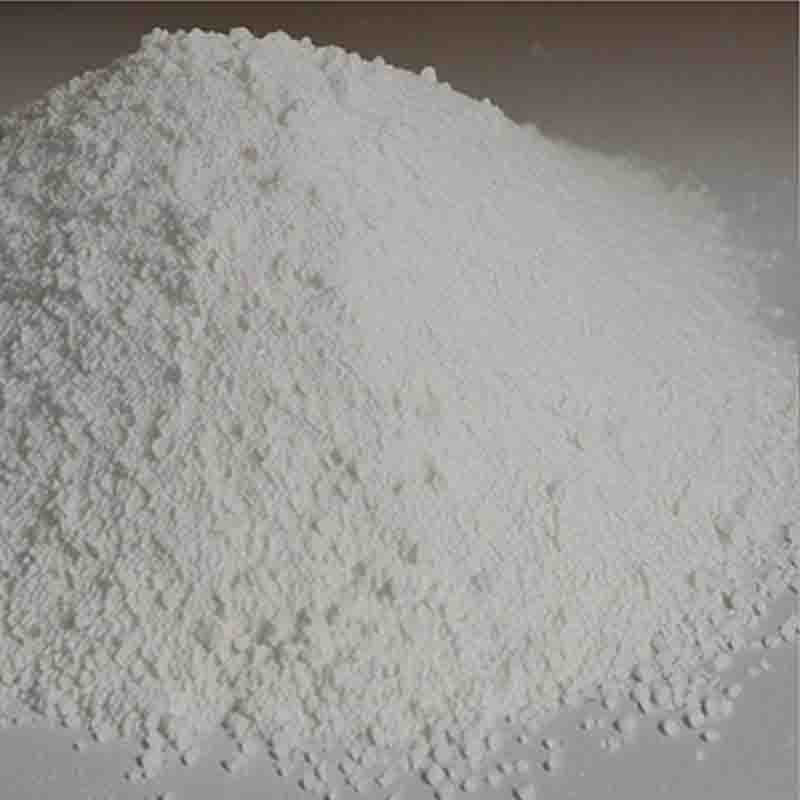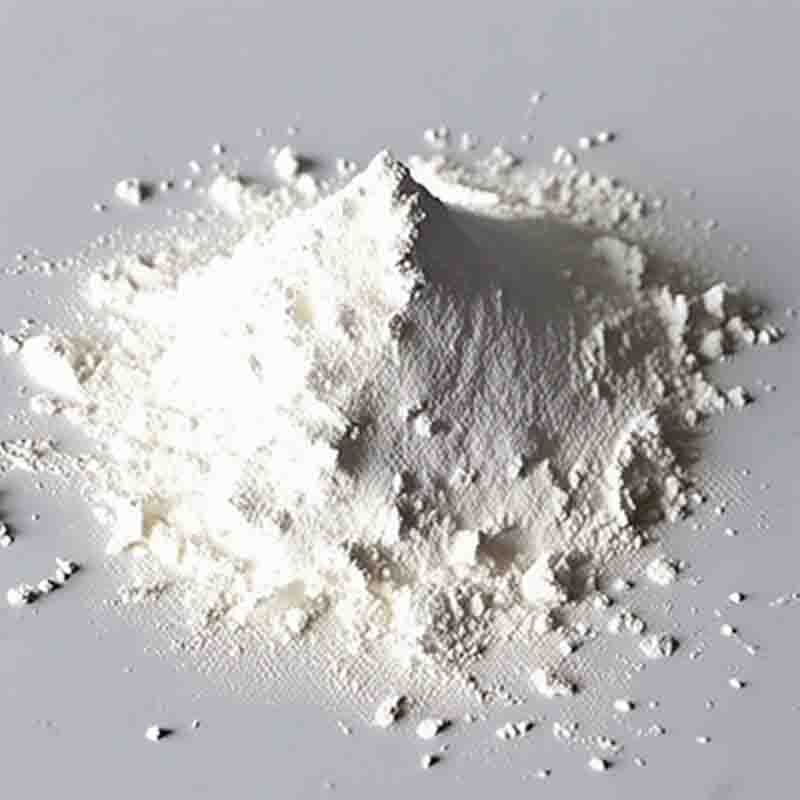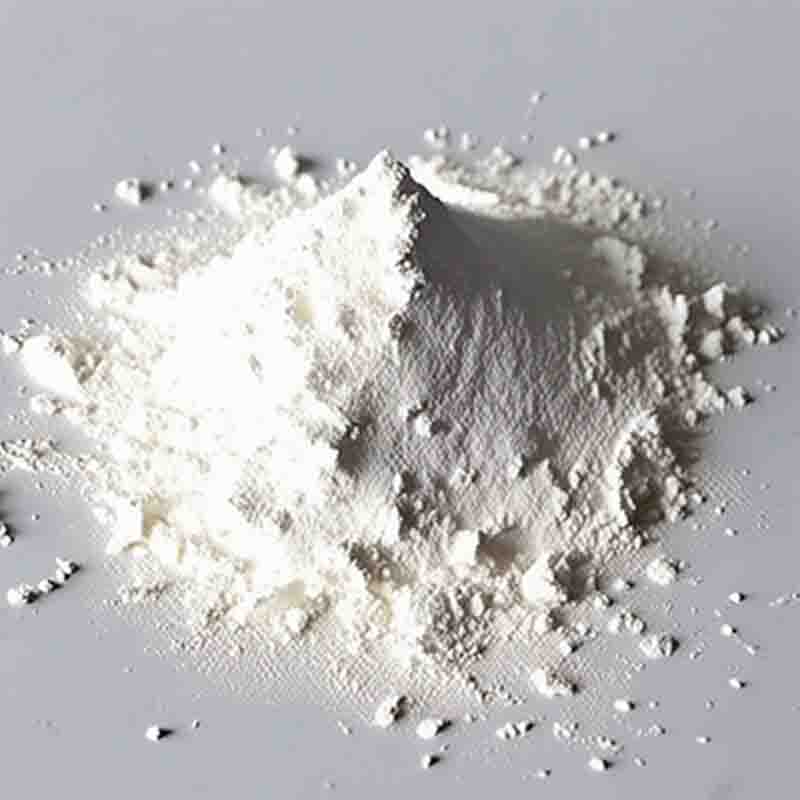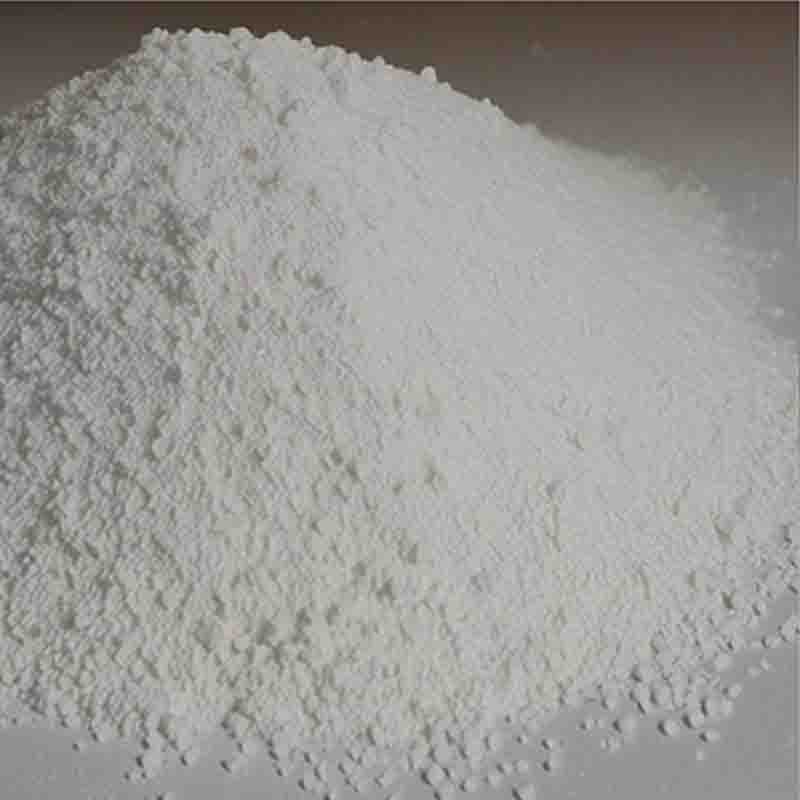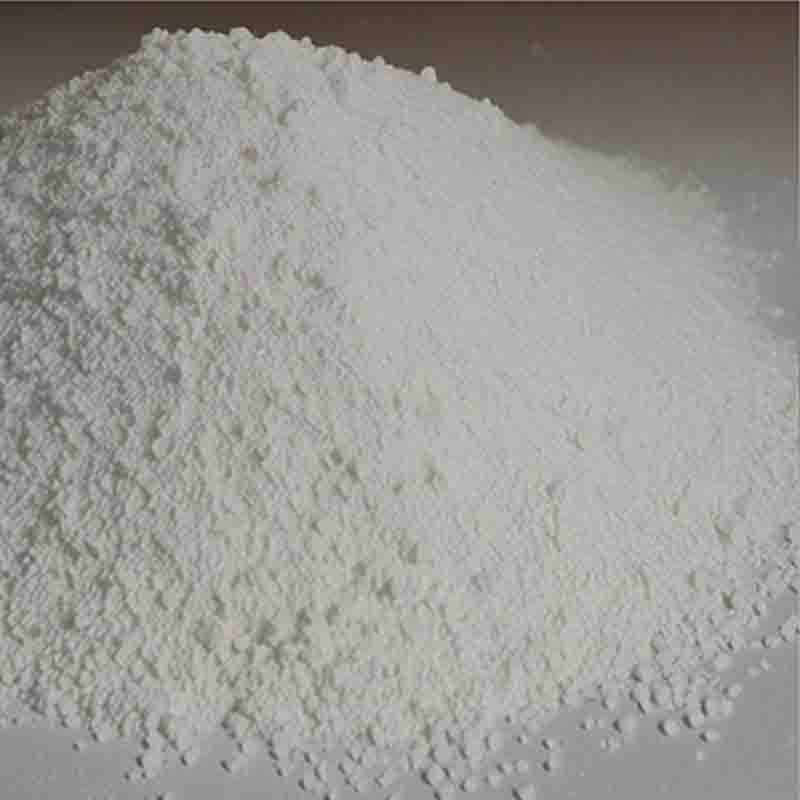4,4′-Dimethoxytritylchloride CAS:40615-36-9
| Catalog Number | XD95742 |
| Product Name | 4,4'-Dimethoxytritylchlorid |
| CAS | 40615-36-9 |
| Molecular Formula | C21H19ClO2 |
| Molecular Weight | 338.83 |
| Storage Details | Ambient |
Product Specification
| Appearance | White powder |
| Assay | 99% min |
4,4'-Dimethoxytritylchloride (DMT-Cl) is a versatile chemical reagent that is commonly used in organic synthesis and bioconjugation reactions. It is primarily known for its role as a protecting group for various functional groups, such as alcohols and amines, in order to prevent undesired reactions during specific transformations. Here are some of the effects and applications of DMT-Cl:Protecting Group for Alcohols: DMT-Cl can react with hydroxyl groups to form stable trityl ethers. This protects the alcohol functionality during subsequent reactions and can be selectively removed when desired, allowing specific modifications to be made.Protecting Group for Amines: DMT-Cl can also be used as a protecting group for primary and secondary amines. It reacts with the amine to form a corresponding tritylamine derivative, which provides stability during synthetic steps and prevents side reactions. The trityl group can be easily removed under the appropriate conditions.Solid-Phase Peptide Synthesis (SPPS): DMT-Cl is an essential component in SPPS, a widely used method for the synthesis of peptides. It serves as a protecting group for the N-terminus of the peptide chain, allowing for controlled and efficient elongation of the sequence.Oligonucleotide Synthesis: DMT-Cl is commonly employed in the synthesis of oligonucleotides. It acts as a 5'-protecting group for nucleotides, enabling the selective formation of phosphodiester bonds between nucleotides during DNA or RNA synthesis. The DMT group is easily removable after synthesis, leaving the desired sequence intact.Bioconjugation: DMT-Cl is frequently used for bioconjugation reactions in which biomolecules, such as proteins or nucleic acids, are attached to other molecules of interest. DMT-Cl can react with primary amines of biomolecules, allowing for the attachment of various functional groups, including fluorescent dyes or other tags, to facilitate detection or manipulation of the biomolecule.The specific effects and applications of DMT-Cl are highly dependent on the particular synthetic or biochemical context in which it is used. It is important to handle DMT-Cl with proper safety precautions, as it is a reactive and potentially hazardous compound. Researchers should consult relevant literature and follow established protocols when using DMT-Cl in their experiments.


